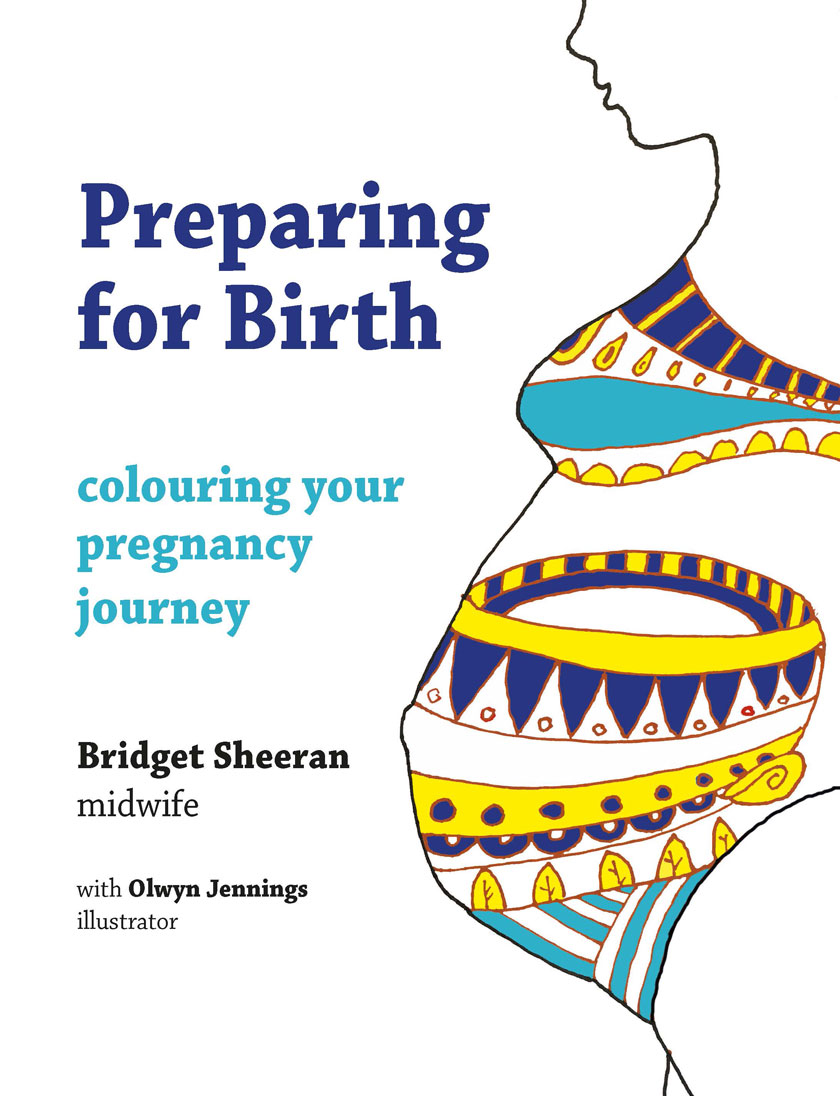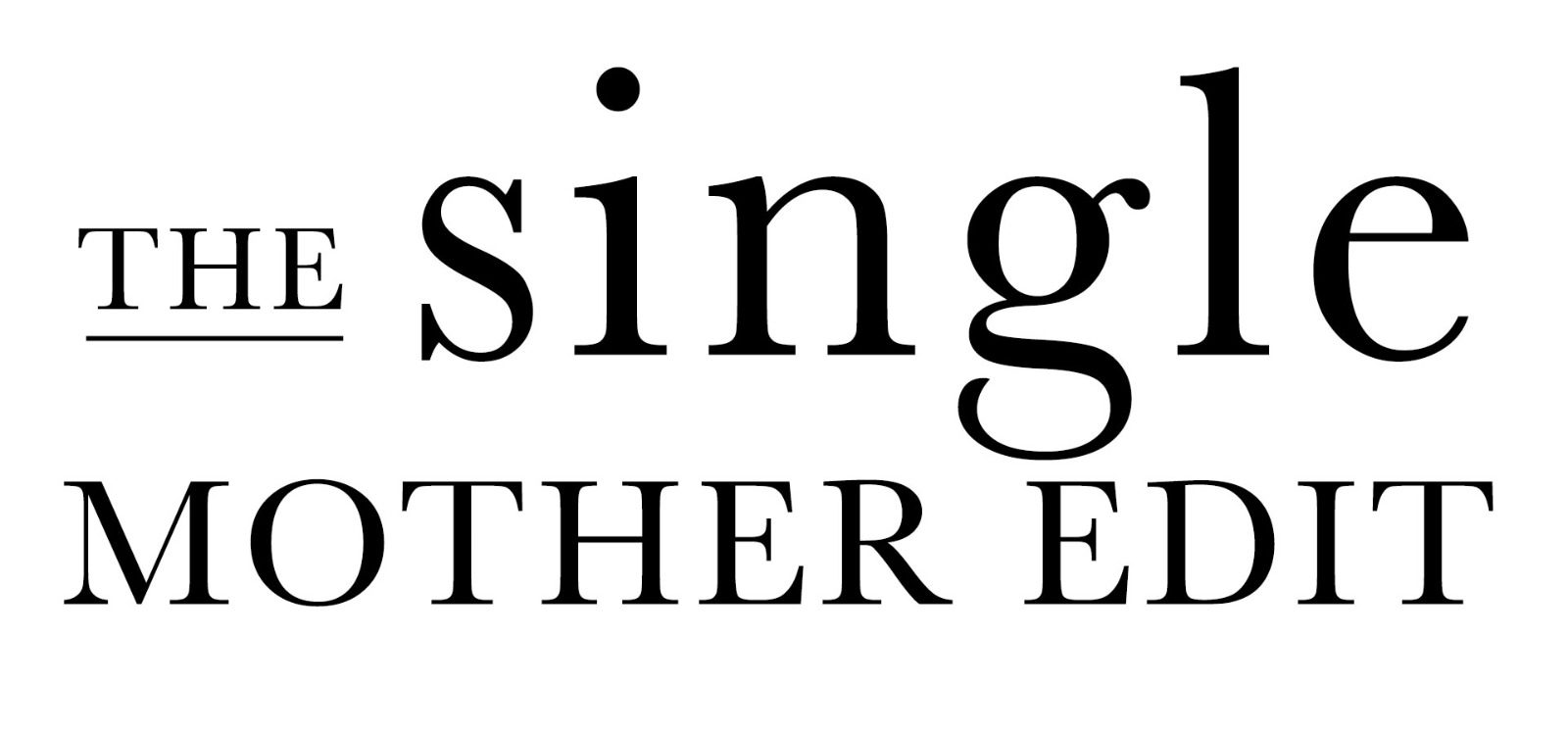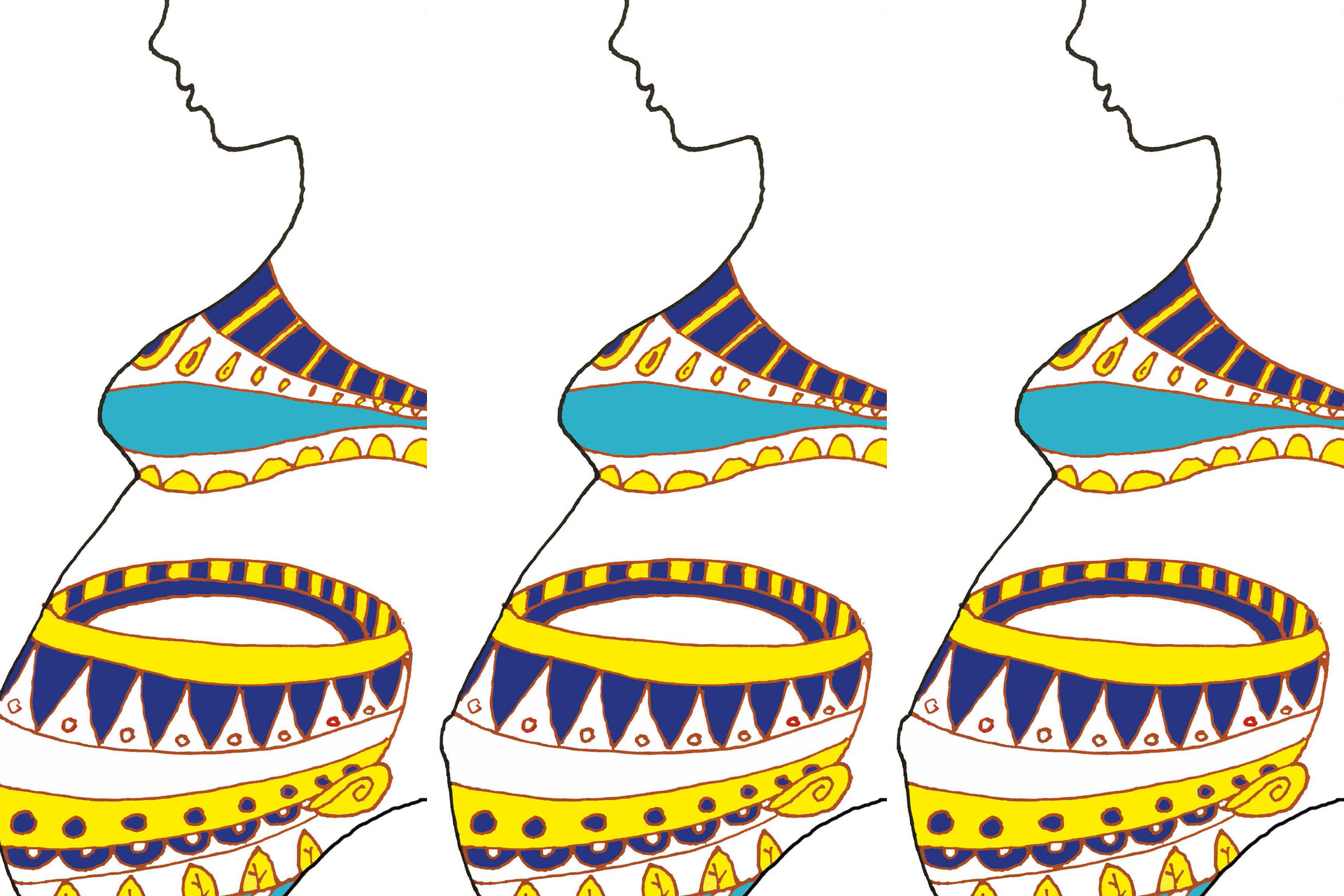In this Q&A for The Mother Edit, Bridget Sheeran, Midwife and author of Preparing for Birth: Colouring your Pregnancy Journey (Hammersmith Health Books) gives us her top tips on preparing for birth.
In the early days of pregnancy how can expectant mothers prepare themselves for birth?
The best way is to walk each day, eat fresh food, and drink plenty of water allowing nature to work well in this baby growing period!
If life is hectic – aim to consider the whole of your pregnancy as the time to prepare and start with a ‘to do’ list for finding out about the steps to birthing as best you can.
If meeting local pregnant women or new mothers is not easy, engage with positive birth messages from broadminded women, midwives or books, rather than narrow birth books that are medical in focus rather than woman orientated.
It’s best to discuss what’s available to you early on and develop a trusting approach to well meaning advisors – you will spot those that do not suit your way of being!

And as the birth grows closer, what should she do to prepare herself mentally?
Preparing mentally starts with exploring ideas you learned about being a woman from your family of origin…and how you have been conditioned to see the natural cycle of women’s fertility, women’s bodies and birth.
If there are issues there, that do not sit comfortably, this needs to be talked about with a trusted person or friend, and let you questions rise up for your Midwife or antenatal teacher.
Such conflict may need to be discussed with a person who understands birth (Midwife; other mother; antenatal teacher and perhaps a psychologist) for you to find the good intentions in all aspects of the maternity services on offer.
How to cope with, for example, any form of medical intervention that might be needed, or the long hours that may be natural for your body to help your baby to move down and out for the birth – find a class to help.
A holistic midwife or antenatal teacher is best, yet we know that some women have a natural talent in supporting women explore ways to face fears and turn them into strengths for birth.
And any physical activities or changes she should be making?
It is common sense for pregnant women to look after themselves and for society to nurture the special work that bringing children into the world is.
A few things pregnant women can do to prevent sickness or problems is exercise! Exercise is better than medicine (WHO 2016), so walking is cheap, but using a pool is good too; avoiding any toxic materials including the large numbers of chemicals & the drug nicotine in cigarettes (as the placenta has limits to its protective barrier for the baby).
Use natural medicines if necessary, looking for registered practitioners. Change your social habits – there is no safe amount of alcohol or other drugs and for an easier first few years of motherhood, a healthy pregnancy goes a long way.
Change your ideas about who is reponsible for your health – that way your mothering will become the most natural thing in the world as you use your already strong ideas about avoiding the worst and knowing what is right for you. Then apply that to your birth and new family.
How can mothers shift their feelings of fear related to birth to positive feelings?
Shifting your feeling of fear related to birth, into positive feelings is not easy. If your fears are not faced, then alternative feelings may be your disguise that you show to the world which then isolate you. What you are covering up about fear has a habit of turning up when you are under duress.
To shift this fear feeling, women need to explore their fears with a practitioner through verbilisation, drawing, painting, images of herself coping with the scenarios – within a safe environment, one at a time. She needs to understand the good intentions if she is scared of any medical intervention. She will need to learn coping skills from practical birth preparation classes. Skills can be learned from antenatal classes – this gives women and their partners confidence to cope, having already faced fears and worked out what to do if….
Birth needs to be prepared for in a way that proves to each woman how well designed she is and that women deserve and need good support to work hard in birth, plus all that they need to feel safe, with them at the birth.
Any tips for making the birth itself a positive experience?
You can make birth a postive experience through preparation, engaging with the baby within the womb and the utter wonderfulness of how well-designed women are to give birth. Take comforts with you, bring skills that you have learnt at antenatal classes and do what you can for yourself…feel that you are the biggest part of the birthing process and let your baby come down and out.
At the birth – ensuring that it is the mother who has the joy of announcing the sex of the baby, that she holds her baby still wet and naked, skin to skin, that even in a casearean birth that her gown is open at the front for maximising touch of her wet newborn, so she can feel, see, touch & kiss.
That there is total respect for the ‘birth bubble’ when time seems to stop, and the baby starts to breath and the parents are in awe – do not disturb this moment…it happens only a few times in a lifetime. Photographs and phonecalls can happen afterwards to celebrate the mothers achievement and the new baby.

If the birth doesn’t go as you hoped, how can you emotionally recover from this?
Women need to spend their pregnancy preparing and accessing their resources – from people they connect with; their midwife; from within themselves and from their own good physical preparation.
Action needs to happen in pregnancy, and used as a resource then if the need for emotional recovery from birth is to be supported fully. For instance, a womans fears can be allayed mostly, before the birth.
Acknowledgement that she does not have to like what happens but she can reassure herself that she did the best thing under the cirsumstances. This can only happen if she has informed herself about what birth is beforehand and what the maternity service can offer her or not.
This makes a BIG difference to the experience of trying to recover from the unexpected negative experiences from giving birth – that she has taken part in the decision making process.
Preparation, finding resources before the birth and who you can rely on for after the birth will in effect provide you with avenues for emotional recovery as well. Getting support from other women, realising you are not alone in the birth recovery, whether it be physically extreme tirednes to feeling bruised and sore all the time, mentally and emotionally or feeling unsure as a mother – being with other women will help. Meeting women whom you met antenatally at a reunion class is good – you may not click with all the other parents but you may find a woman that you can relate to or who lives near you that you can link with and make new friends. Professional help if you need would be via GP clinics and link therapists.
If a mother has experienced a bad (/less than perfect) birth the first time around, what preparations can she make for a second pregnancy?
Preparation for a second pregnancy – well it is best that the woman is going to optimise her nutrition, including supplementing her diet with pre-natal nutrients; avoids toxic material and drugs including alcohol before she gets pregnant, and that she has at least one healthy menstrual cycle without using contraception before she conceives for the second pregnancy.
This will greatly enhance the possibility of a straightforward pregnancy and birth if her body is flexible and in optimal health.
If the woman has been traumatised from the previous birth, and this is in varying degrees, it is best if possible, for her to seek a therapist that might help her before she gets pregnant again. Like fears, this needs to be acknowledged and worked through so that the experience might be healed, or at least do some sort of ‘de-briefing’ in relation to her suffering from the last birth to prepare different actions for the next one.
She may need to make different plans for her maternity care and place of birth, for instance ensuring that there will be enough support for her, eg one to one midwifery care, different hospital or if a high tech hospital system might suit her this time, whatever she needs to feel safe or more informed about her birth, and whatever she has learned from her last experience in terms of available expertise, for instance in the case of a diabetic mother or renal compromised mother, needing Consultant support..
Anything else you’d like to tell us?
Birth is a profound happening on the planet, no matter how a baby is born. Women deserve respect at this time. The female body is so well designed to carry a baby and give birth, with a massive capacity to heal afterwards, feed & nurture the newborn(s).
In this modern technological world it is hard for women to realise this. Images in the media show a different scarier view of the expectations of birth; what a woman ‘ought’ to look like ; ought to ‘do’ with her body and how a woman ought to keep her body shape.
It is hard to address the real facts about Birth in our society, whereby high intervention rates and lucrative mechanisms are mistakenly understood to be better (but not necessarily safer or healthier) than then women’s own resources to give birth and feed her baby.
Bridget Sheeran is a midwife with more than three decades’ experience. The founder of the Community Midwives Association in Ireland, today she teaches both mums-to-be and birthing professionals in the UK and Ireland. Her new book, Preparing for Birth: Colouring your Pregnancy Journey is published by Hammersmith Health Books.


Thanks for these tips for preparing for pregnancy. I’ve heard that swimming can be really good for a pregnant person, like you said. Swimming in general just seems to be a wise idea for exercise, especially since it uses your whole body.
Definitely! Swimming is so easy on the body during pregnancy too x